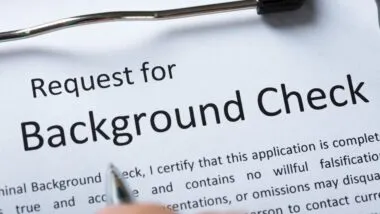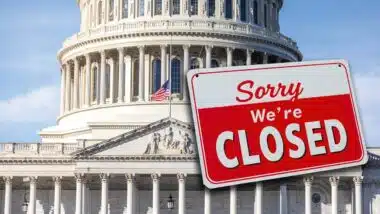 In more than a dozen states, many homeowners may not be getting paid what is owed them when it comes to interest on escrow accounts. Incredibly, some homeowners do not even know that interest on escrow accounts should be paid to them, and as a result, they do not know they are owed money.
In more than a dozen states, many homeowners may not be getting paid what is owed them when it comes to interest on escrow accounts. Incredibly, some homeowners do not even know that interest on escrow accounts should be paid to them, and as a result, they do not know they are owed money.
SFGate reports that California is one of the states that must pay its homeowners money if money is kept in an escrow account by the bank. Banks in California and some other states may owe homeowners significant money for interest on escrow accounts.
What is an Escrow Account?
An escrow account is an account that is created to help a homeowner pay for property taxes on owned property. Sometimes escrow accounts are mandatory, but either way, an escrow account allows the bank to collect one-twelfth of the annual property taxes and homeowners insurance premium a homeowner owes.
The bank is then obligated to pay the property taxes and the homeowners insurance premium for the homeowner. This money sits in the account until the taxes or premiums are due, at which time, the bank pays the proper entities.
However, this account gains interest and the bank has access to this money. More often that not, the homeowner does not have a right to this interest. However, in several states, homeowners can be paid interest on escrow accounts. These states include:
- California
- Connecticut
- Iowa
- Maine
- Maryland
- Massachusetts
- Minnesota
- New Hampshire
- New York
- Oregon
- Rhode Island
- Utah
- Vermont
- Wisconsin
In these states, the bank is obligated to forward the interest on escrow accounts on to the borrower. However, many banks in these states do not and have not forwarded the interest on escrow accounts on to the borrowers. Many bank customers may have accrued interest on escrow accounts that is owed to them, but has never been paid.
SFGate notes, “The escrow account prevents tax liens and a lapse in homeowner’s coverage, thus protecting the bank’s financing interest in your home. Most states do not require escrow funds to be held in interest-bearing accounts; however, 15 states do require banks to pay interest when the escrow account is a requirement for obtaining financing.”
How do I Know If I Qualify for Interest on Escrow Accounts?
There are three ways that you may qualify for interest on escrow accounts. First, you must live in a state that requires these interest payments. Next, your lender must require you to put money into an escrow account to pay property taxes or property insurance. Third, you may qualify for interest on escrow accounts if your bank did not pay interest to you on this collected money. If all of these are true, you may be able to regain your lost interest on escrow accounts or join a lawsuit.
Join a Free Mortgage Escrow Account Class Action Lawsuit Investigation
Mortgage borrowers in certain states whose lenders required them to pre-pay their property taxes or property insurance through an escrow account and who did not receive interest on those escrowed funds may qualify to join this mortgage escrow account class action lawsuit investigation.
ATTORNEY ADVERTISING
Top Class Actions is a Proud Member of the American Bar Association
LEGAL INFORMATION IS NOT LEGAL ADVICE
Top Class Actions Legal Statement
©2008 – 2025 Top Class Actions® LLC
Various Trademarks held by their respective owners
This website is not intended for viewing or usage by European Union citizens.















2 thoughts onDo You Qualify for Interest on Escrow Accounts?
My husband and I had a mortgage with Chase during this time. We would like to be part of the lawsuit.
please add me I had 3 mortgages up until last year, all escrowed my taxes.